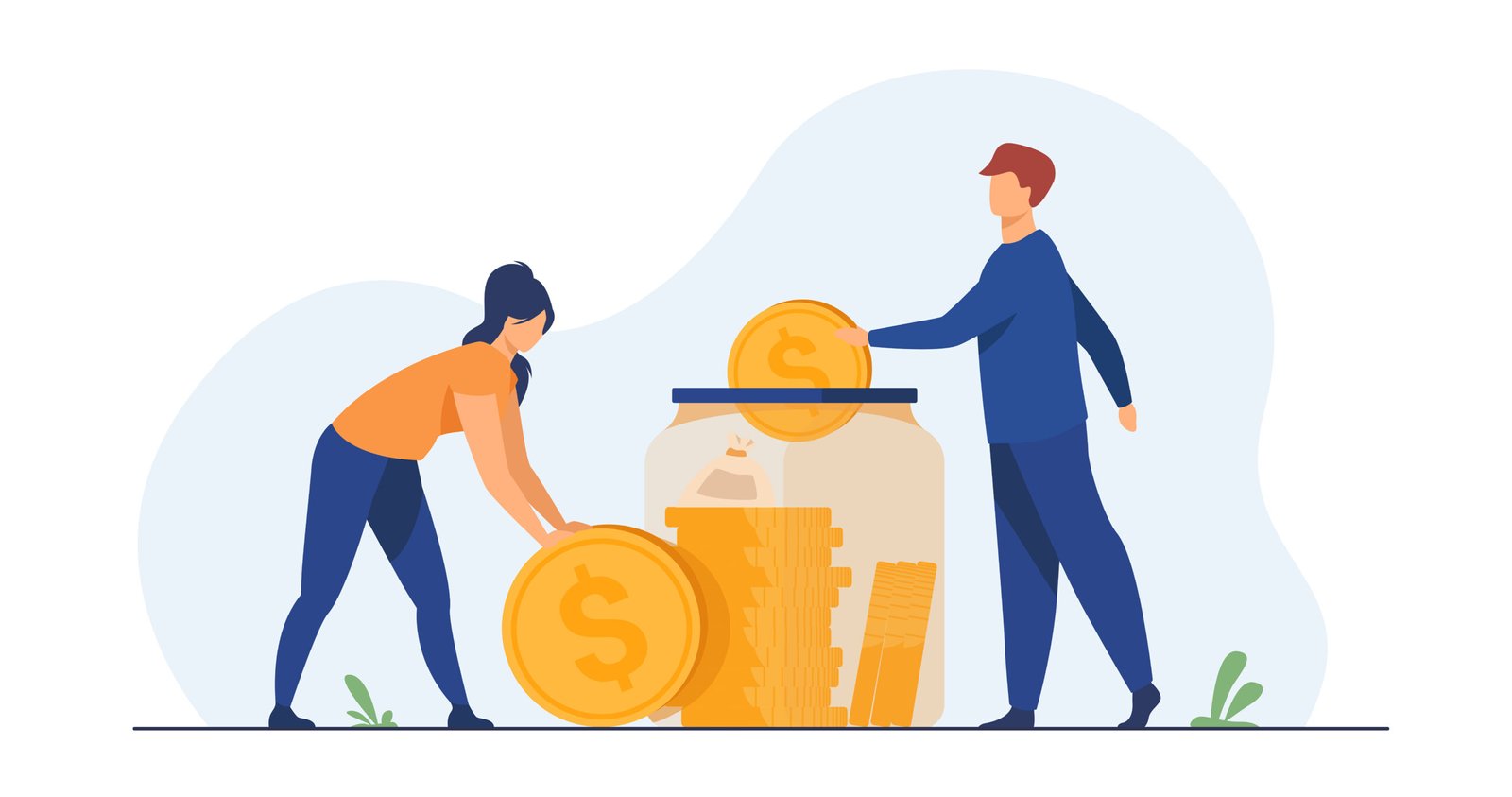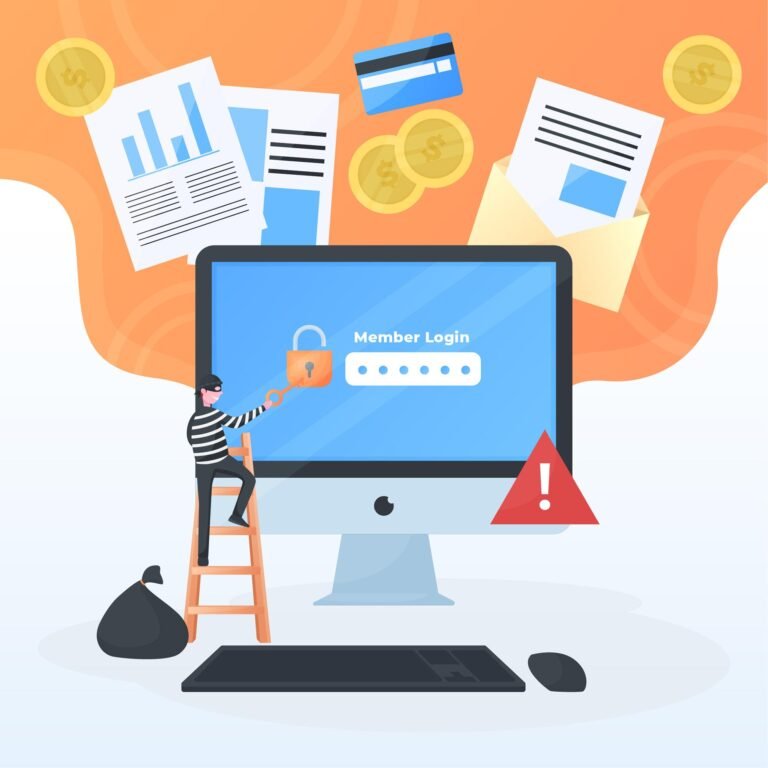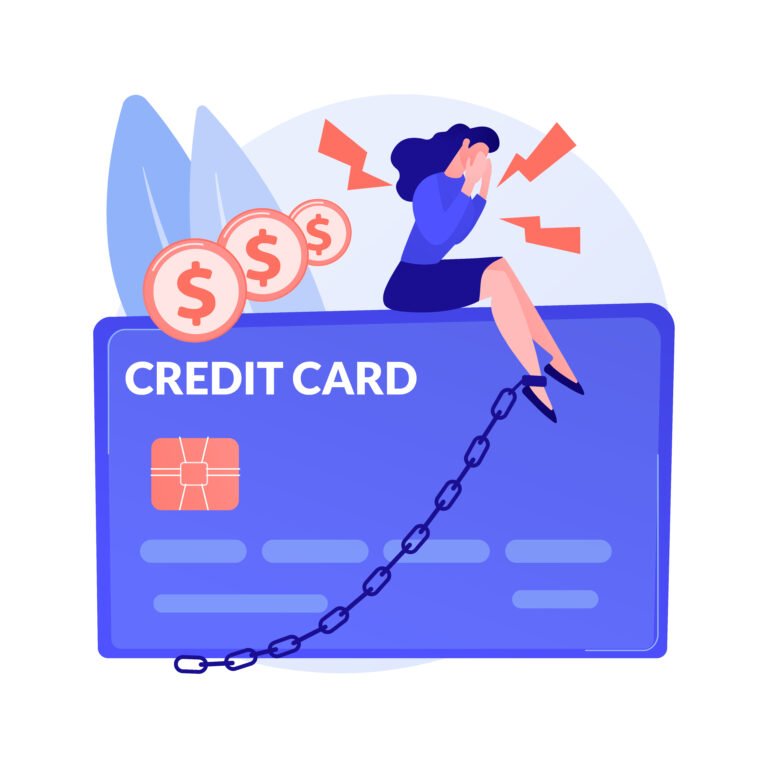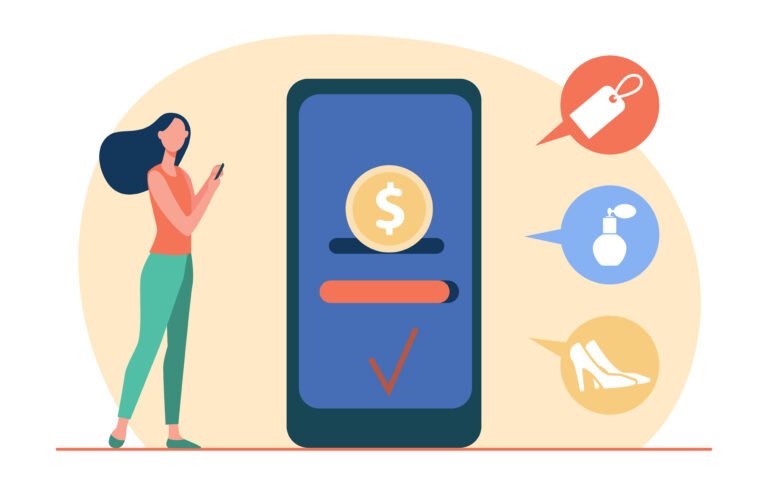1. Understanding Friendly Fraud: What It Really Means
Friendly Fraud Support Recover Your Funds with Chargeback Help Unlike traditional fraud where an unauthorized third party steals your information, friendly fraud occurs when the cardholder themselves disputes a legitimate transaction to recover funds intentionally or unintentionally.
This type of fraud typically happens after a customer makes a purchase using their own credit or debit card and later contacts their bank or card issuer to dispute the charge. They might claim they never made the transaction, didn’t receive the item, or weren’t satisfied when in fact, the product or service was delivered as promised.
In many cases, friendly fraud begins with a misunderstanding. A family member might make a purchase without telling the account holder. A recurring subscription might go unnoticed. Or the buyer might genuinely forget the transaction or not recognize the merchant name on their bank statement. However, there are also increasing cases where customers knowingly abuse chargebacks as a way to get free goods or services.
The impacts are serious. Friendly fraud is estimated to account for over 60% of all chargebacks in some industries. Merchants lose revenue, products, and often incur additional penalties from payment processors. This forces many businesses to increase prices to cover fraud losses hurting all consumers in the long run.
On the customer side, while the intention may be to get money back quickly, repeated or dishonest chargebacks can lead to account bans, blacklisting by merchants, or even legal consequences. Card networks are improving their systems to detect abuse, and banks are beginning to take a closer look at consumers who file frequent disputes.
As friendly fraud continues to evolve, it’s important to educate both consumers and businesses. Knowing your rights, understanding the dispute process, and approaching chargebacks responsibly is the first step to resolving issues without crossing ethical or legal boundaries.
2. Chargebacks: Your Legal Path to Recover Funds
A chargeback is a consumer protection mechanism provided by card networks like Visa, Mastercard, and American Express. When used appropriately, it’s a powerful way to reverse unauthorized or problematic transactions especially in cases of fraud, defective goods, or non-delivery of services.
The process begins when a cardholder notices a suspicious or invalid transaction on their bank statement. They can initiate a chargeback request through their issuing bank, explaining the nature of the dispute and providing supporting documentation. The bank then forwards this request to the acquiring bank (the merchant’s bank), and ultimately to the merchant. The merchant has the opportunity to accept or challenge the chargeback with evidence of their own.
This process may seem straightforward, but it involves strict timelines, codes, and documentation. Each card network has specific guidelines known as reason codes that categorize the chargeback (e.g., fraud, duplicate transaction, not received, etc.). The banks investigate and decide based on the merits of the evidence provided by both parties.
For genuine victims of fraud or error, chargebacks offer a legal and financial lifeline. If you’ve paid for something you never received, were charged twice, or had your card used without consent, the chargeback system allows you to dispute and potentially recover your money without going through complex legal proceedings.
However, it’s critical to act quickly. Most card issuers impose a time limit usually 60 to 120 days from the date of transaction to file a chargeback. Waiting too long can result in automatic denial of your claim, even if your case is valid.
Additionally, banks are becoming more cautious in how they handle chargebacks. Repeated or abusive use of chargebacks can result in warnings or even the loss of banking privileges. That’s why having professional support in preparing your case and understanding the process can make a significant difference.
Chargebacks aren’t just a customer right they’re a legal tool that, when used correctly, hold businesses accountable and provide fair resolution to financial disputes.
3. How Friendly Fraud Victims Can Use Chargeback Support Services
If you’ve been impacted by friendly fraud whether as a victim of misunderstanding, family misuse, or deceitful business practices there’s a path to recovery through chargeback support services. These services are designed to help individuals navigate the often confusing world of financial disputes and get their money back without making costly mistakes.
Chargeback support specialists work directly with consumers to evaluate their case, gather the right documentation, and prepare a compelling dispute package. This includes compiling purchase receipts, screenshots of communication, shipping confirmations, product listings, and detailed statements describing the issue. In some cases, they’ll even contact the merchant on your behalf to try resolving the matter outside of the chargeback system.
One of the biggest benefits of working with professionals is their deep knowledge of chargeback regulations and bank procedures. They understand how to present your case to increase the chances of approval and how to avoid red flags that might lead to automatic denial.
They also help avoid errors. Many consumers unknowingly file chargebacks under the wrong reason codes, miss deadlines, or fail to provide sufficient evidence. A single mistake can cause your case to be rejected permanently. Having a knowledgeable support team guiding you through each step reduces the risk of such issues.
Chargeback assistance services also act as advocates when your bank seems unresponsive or when a merchant refuses to cooperate. They know how to escalate claims and hold institutions accountable to ensure fair treatment.
Importantly, these services aren’t just for major fraud cases. Even small transactions like a $50 subscription you never approved can be worth pursuing with the right help. Over time, these losses add up, and recovering them can bring significant peace of mind.
In short, if you’ve experienced a financial dispute that feels unresolved or overwhelming, chargeback support services can turn a frustrating process into a successful recovery journey.
4. Choosing the Right Chargeback Help: What to Look For
Not all chargeback support services are created equal. With the rising need for assistance in financial disputes, a growing number of companies are offering help some legitimate, others not. Choosing the right team to support your case is critical to a successful and stress-free recovery process.
Start by evaluating the company’s credibility. Look for transparent websites, verified testimonials, and third-party reviews on platforms like Trustpilot or Google. If a company makes unrealistic promises like “100% guaranteed refund” or “instant chargeback approval” be cautious The chargeback process involves banks and card networks, and no third party can fully control the outcome.
Experience matters. Choose a provider that has handled a wide range of cases across various industries. Whether your issue involves e-commerce, travel bookings, subscription services, or crypto exchanges, the service provider should have proven expertise in that niche.
A good chargeback assistance company will also offer clear pricing. Avoid services that ask for full payment upfront or won’t explain their fee structure. Many trustworthy companies work on a success-based model charging only if your case is resolved or after certain milestones are met.
Customer support is another key factor. You should be able to speak with a real person, receive regular updates, and get answers to your questions promptly. If the company hides behind email forms or doesn’t respond within 24–48 hours, that’s a red flag.
Legal awareness is essential too. While chargebacks are not court cases, the process is bound by strict rules, and working with a team that understands consumer protection laws, banking policies, and card network regulations can improve your chances significantly.
Lastly, look for transparency about your chances. Honest companies will evaluate your case before accepting it, and they won’t waste your time or money if they believe your claim lacks merit.
Your financial recovery is too important to trust to just anyone. Take the time to choose a reliable, experienced, and responsive chargeback support provider who puts your interests first.
5. Prevention is Protection: How to Avoid Friendly Fraud in the Future
While recovering your money is crucial, preventing future incidents of friendly fraud is equally important. Many consumers and even businesses are unaware of how easily these disputes can happen and how much control you actually have over preventing them.
Start by monitoring your accounts regularly. Review your credit and debit card statements every few days to catch unfamiliar charges early. Use banking apps that allow instant transaction alerts to stay on top of purchases in real-time.
For families or shared cardholders, set clear boundaries. If others in your household have access to your payment methods especially children or teens consider using virtual cards or pre-paid accounts for their purchases. This reduces the risk of surprise charges that might lead to disputes later.
Subscriptions and recurring payments are another common source of friendly fraud. Use tools like calendar reminders or expense tracking apps to note when a trial or renewal is due. If you cancel a service, be sure to save confirmation emails and screenshots as proof.
In case you ever need to dispute a charge, keep good records. Save invoices, emails, chat logs, shipping details, and screenshots of any online purchase. Having organized documentation makes it much easier to support your claim in case of a dispute.
If you’re running a business, communicate clearly and proactively with your customers. Provide detailed receipts, use clear billing descriptors, and respond quickly to customer inquiries. A surprising number of chargebacks happen simply because the buyer doesn’t recognize a company name on their statement.
Also, consider using fraud detection tools and third-party platforms to verify transactions. This not only protects your business but also reassures customers that their purchases are secure.
Ultimately, friendly fraud is a sign of a broken trust between consumers and merchants. Whether accidental or intentional, it reflects the importance of transparency, communication, and vigilance. By taking proactive steps now, you can reduce the risk of disputes and maintain better control over your financial well-being.
Conclusion: Your Path to Justice and Financial Security
Friendly fraud can feel frustrating and unfair but you’re not powerless. Through the chargeback system and the support of knowledgeable professionals, you can take control, recover your funds, and restore your peace of mind.
Whether you’ve been wronged by a shady merchant, accidentally charged for something you didn’t authorize, or caught in a misunderstanding, you deserve resolution. Use chargebacks responsibly, seek expert guidance when needed, and take steps to safeguard your finances going forward.





